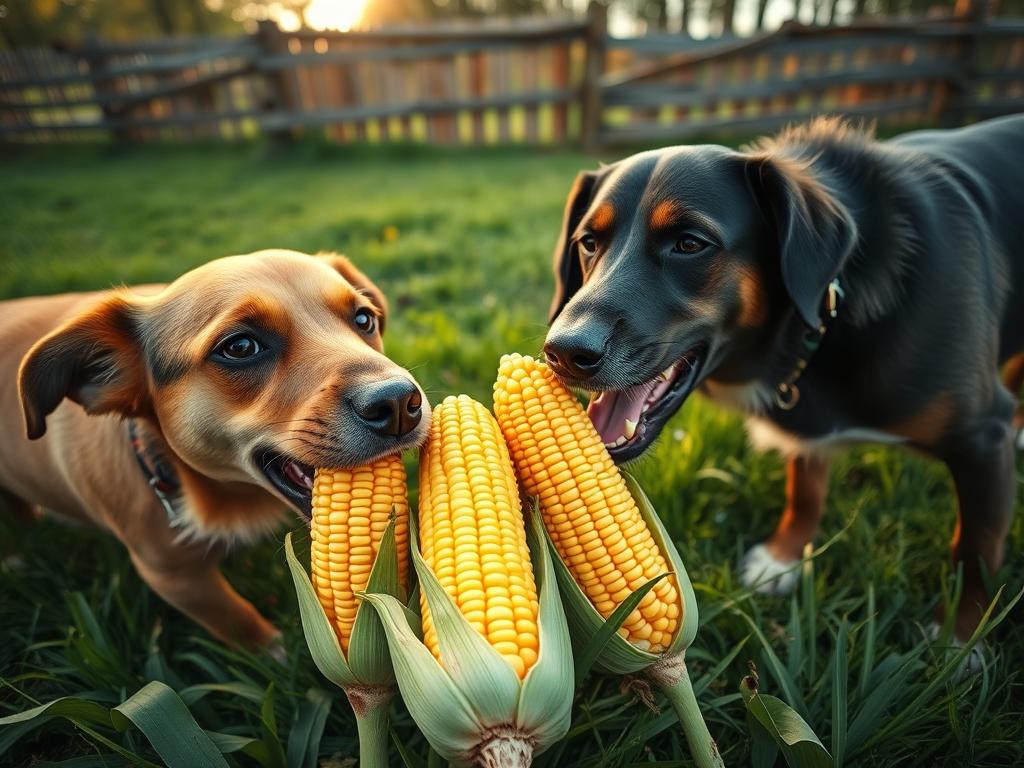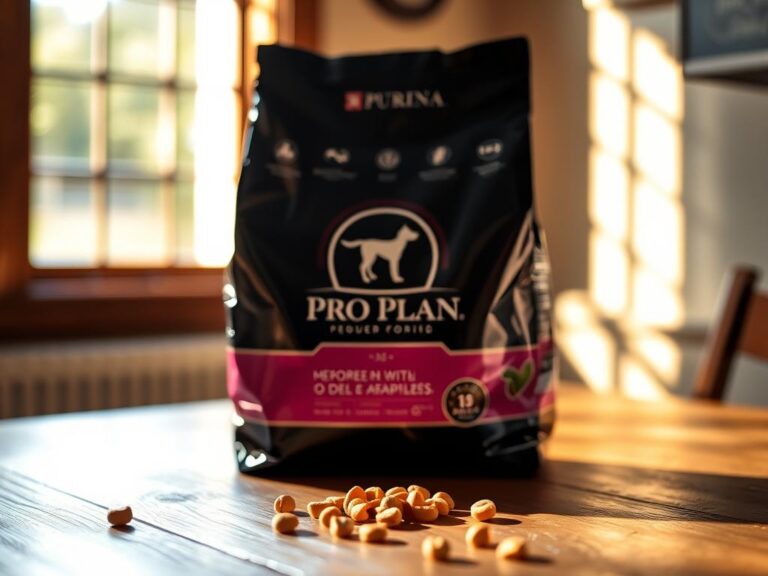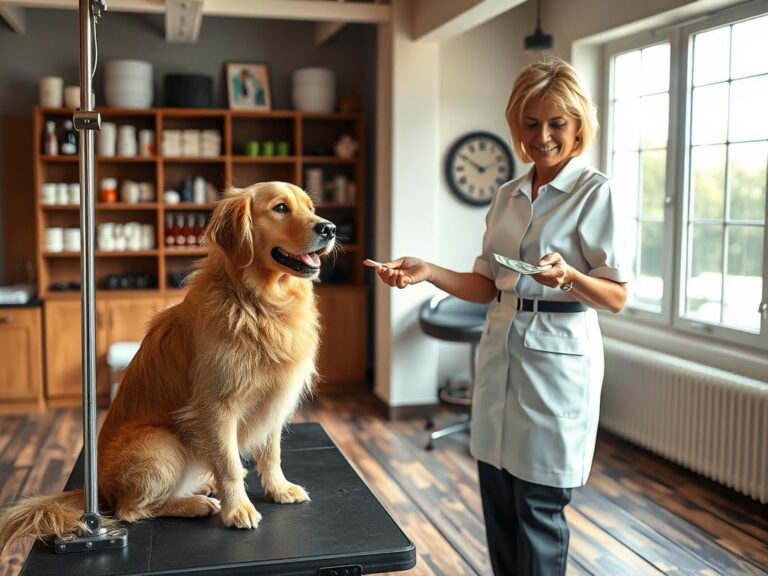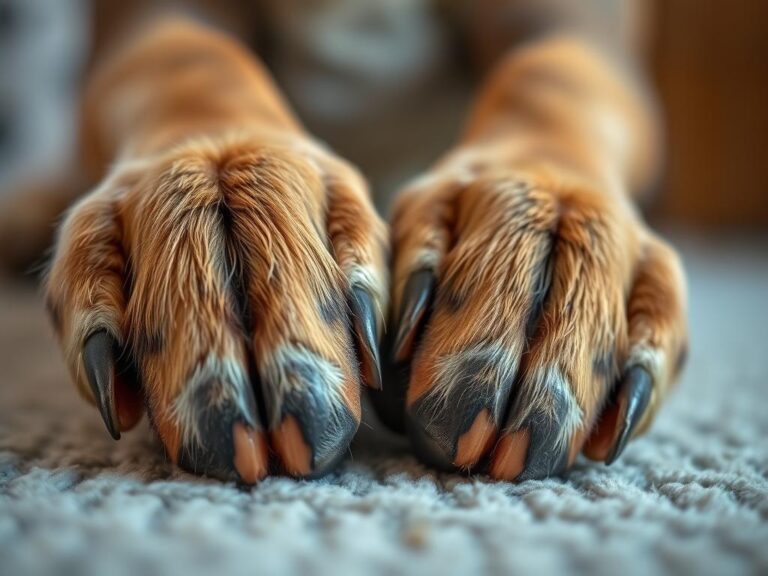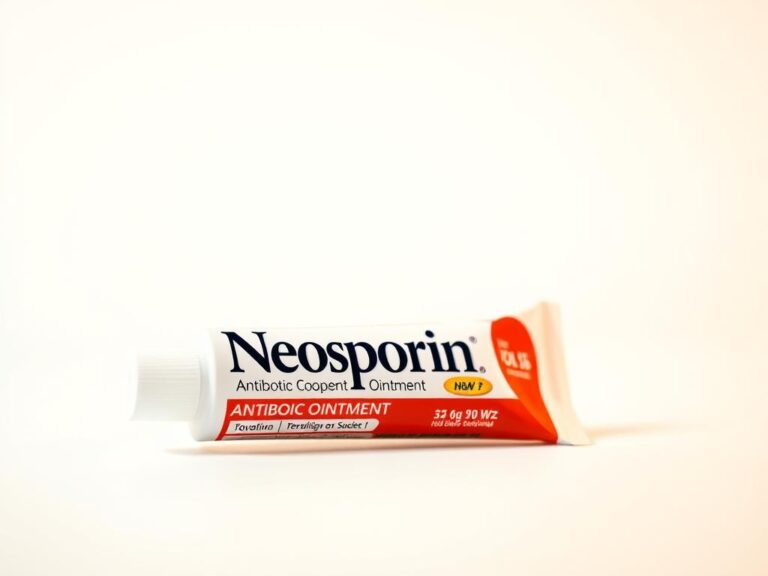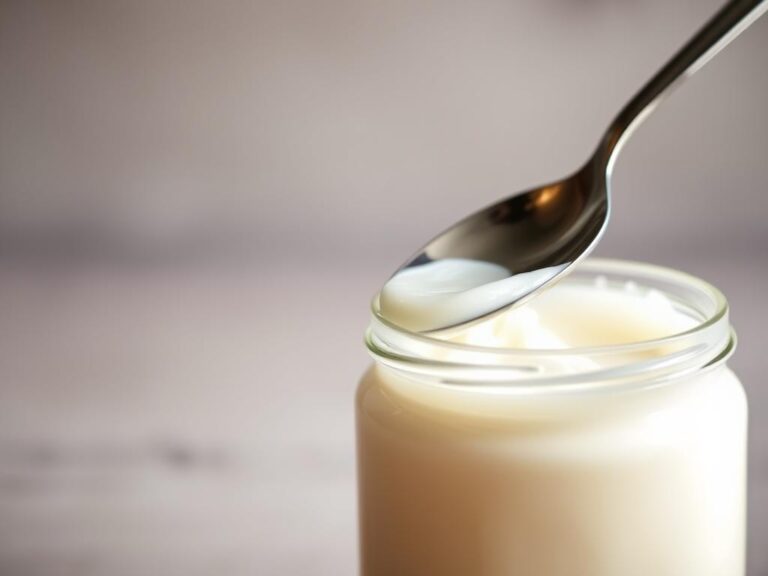Can Dogs Eat Corn?
As a responsible pet owner, it’s essential to understand what human foods are safe for your furry friend to consume. One common question that arises is whether dogs can safely eat corn. Understanding the safety and nutritional value of corn for dogs is crucial for making informed decisions about their canine diet.
Corn is a staple in many human diets, but its suitability for dogs depends on various factors. While it can be a nutritious addition to their meals, it’s vital to consider the potential risks and benefits before making it a part of their diet.
By examining the nutritional value and potential hazards of corn for dogs, you can make a more informed decision about whether it’s a healthy choice for your pet.
The Nutritional Profile of Corn for Dogs
As a common ingredient in dog food, corn’s nutritional profile is worth examining for its potential benefits to canine health. Corn is a complex carbohydrate source that provides various nutrients essential for a dog’s overall health.
Key Nutrients in Corn
Corn is rich in several key nutrients beneficial for dogs, including carbohydrates, fiber, and various vitamins and minerals. The carbohydrates in corn serve as a valuable energy source, while the fiber content supports healthy digestion. Additionally, corn contains antioxidants and other beneficial compounds that can contribute to a dog’s overall well-being.
The vitamins and minerals present in corn, such as vitamin E and potassium, play crucial roles in maintaining a dog’s health. Vitamin E acts as an antioxidant, protecting cells from damage, while potassium is essential for maintaining healthy heart function and blood pressure.
Caloric Content and Dietary Considerations
The caloric content of corn is another important factor to consider when evaluating its place in a dog’s diet. Corn is relatively high in calories, which can contribute to weight gain if consumed excessively. Therefore, it’s crucial to balance corn with other nutrient-rich foods to maintain a healthy weight and overall nutritional balance.
When incorporating corn into a dog’s diet, it’s essential to consider the individual dog’s energy needs, size, breed, and activity level. A well-balanced diet that includes corn can provide the necessary nutrients for optimal health, but over-reliance on corn can lead to nutritional deficiencies.
Can Dogs Eat Corn Safely?
Understanding the safety of corn for dogs requires a closer look at its various forms and preparations. While corn is not toxic to dogs, the way it’s prepared and served can significantly impact its safety.
Cooked vs. Raw Corn
Cooking corn can make it more digestible for dogs by breaking down some of the tougher cell walls, making the nutrients more accessible. Raw corn, on the other hand, can be more difficult for dogs to digest, potentially leading to gastrointestinal upset. However, raw corn is not typically toxic.
Corn Kernels vs. Corn on the Cob
It’s crucial to differentiate between corn kernels and corn on the cob. While corn kernels can be a safe treat when given in moderation, corn on the cob poses a significant risk. The cob can cause intestinal blockages if swallowed, making it a serious hazard for dogs.
Corn-Based Products
Corn-based products like cornmeal, corn chips, and popcorn have varying safety profiles. Cornmeal is generally safe in small amounts, but it’s essential to avoid adding harmful ingredients. Corn chips and popcorn can be risky due to added salts, fats, and potential choking hazards, especially if they contain kernels that can get stuck in a dog’s teeth or digestive tract.
In conclusion, while dogs can eat corn, it’s vital to consider the form and preparation to ensure it’s safe for them. Always introduce new foods gradually and in moderation to prevent digestive upset.
Potential Health Benefits of Corn for Dogs
As a nutrient-rich food, corn can provide several health benefits to dogs, supporting their overall well-being. Corn is not just a filler ingredient in dog food; it contains valuable nutrients that can contribute to a dog’s health.
Corn is a good source of dietary fiber, which is crucial for maintaining healthy digestion in dogs. Fiber helps in regulating bowel movements, preventing constipation, and supporting the growth of beneficial gut bacteria.
Fiber and Digestive Health
A diet rich in fiber can also help dogs feel fuller, potentially aiding in weight management. This makes corn a beneficial ingredient for dogs that need to maintain a healthy weight.
Antioxidants and Other Beneficial Compounds
Corn contains antioxidants, such as vitamin E and beta-carotene, which help protect cells from damage caused by free radicals. These compounds can contribute to overall health by reducing oxidative stress and inflammation.
Additionally, corn is a source of various vitamins and minerals that are essential for maintaining a dog’s health. These nutrients play a vital role in supporting various bodily functions.
Risks and Concerns When Feeding Corn to Dogs
While corn can be a nutritious addition to a dog’s diet, there are several risks and concerns that dog owners should be aware of. It is essential to understand these potential issues to ensure the health and safety of your pet.
Corn Allergies and Sensitivities
Some dogs may develop allergies or sensitivities to corn, which can manifest in various symptoms. These include:
- Skin irritations and itching
- Digestive issues, such as diarrhea or vomiting
- Ear infections
If your dog exhibits any of these symptoms after consuming corn, it’s crucial to consult with a veterinarian to determine the cause and adjust their diet accordingly.
Corn Cobs: A Serious Hazard
Corn cobs pose a significant risk to dogs if ingested. The cob can cause a life-threatening intestinal blockage if it becomes lodged in the digestive tract. Symptoms of corn cob ingestion include vomiting, lethargy, and loss of appetite. If you suspect your dog has ingested a corn cob, seek veterinary attention immediately.
GMO Concerns and Pesticide Exposure
Another concern associated with feeding corn to dogs is the potential for exposure to genetically modified organisms (GMOs) and pesticides. Some corn varieties are genetically engineered to be resistant to certain pests or herbicides, which can lead to:
- Increased exposure to pesticide residues
- Potential long-term health effects, although these are still being researched
Choosing non-GMO corn or organic corn products can help mitigate these risks. Always check the labeling or consult with the manufacturer to understand the source of their corn.
In conclusion, while corn can be a part of a dog’s diet, it’s vital to be aware of the potential risks, including allergies, the hazard posed by corn cobs, and concerns related to GMOs and pesticide exposure. By being informed, dog owners can make better decisions about their pet’s diet and health.
Feeding Corn to Dogs: Making Informed Decisions
Dog owners now have a comprehensive understanding of corn’s role in a canine diet. Corn can be a safe and nutritious addition when fed appropriately. Cooked corn kernels, in moderation, can provide fiber and antioxidants beneficial for dogs.
When incorporating corn into a dog’s diet, it’s essential to be aware of potential risks, such as allergies, sensitivities, and the dangers of corn cobs. Choosing non-GMO and organic corn options can minimize exposure to pesticides.
Ultimately, dogs eating corn should be done thoughtfully, considering the individual dog’s needs, health status, and dietary requirements. By doing so, dog owners can make informed decisions about their pet’s nutritional needs, ensuring a balanced and healthy canine diet.
